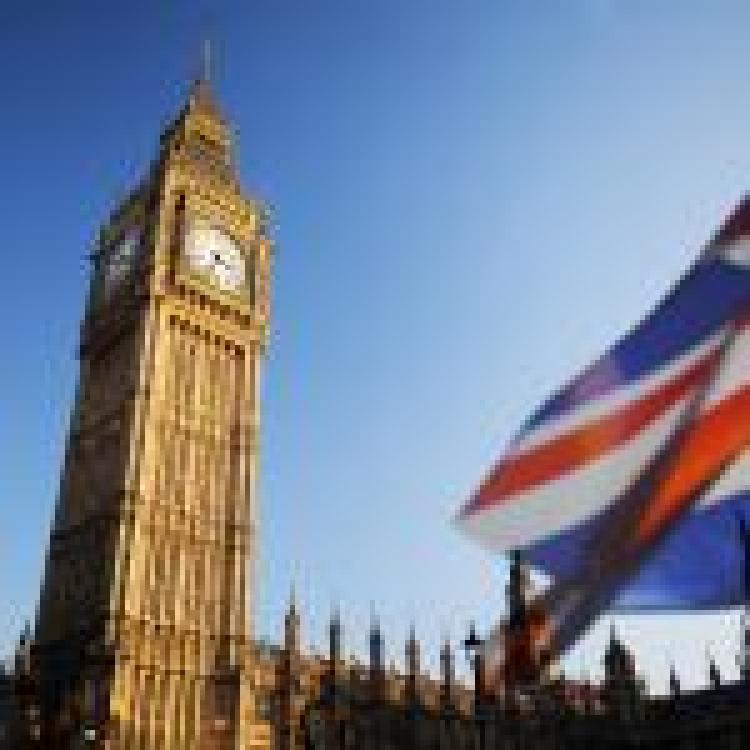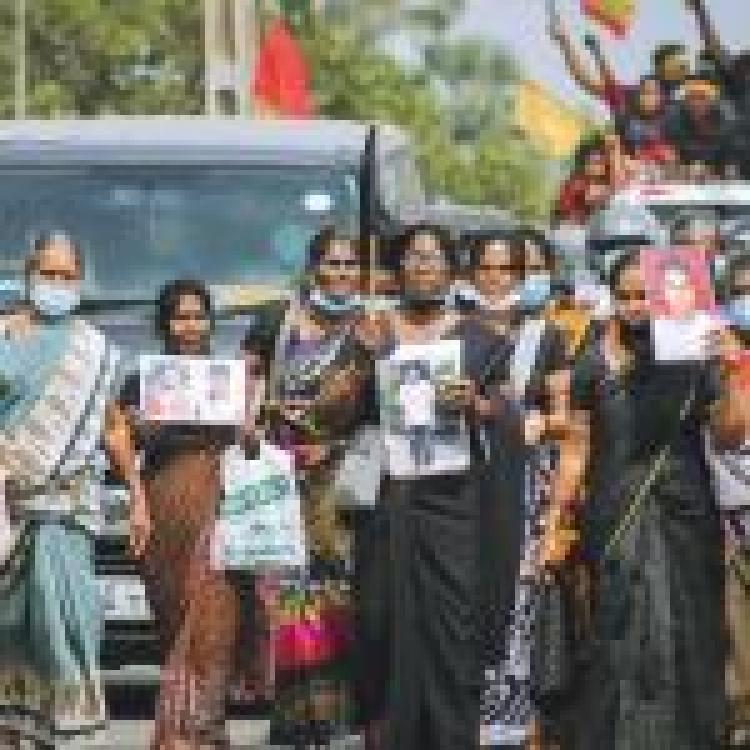![]()
Responding to increasing demands for war crimes accountability from Tamil civil society actors and international human rights bodies, Sri Lanka’s former army commander, Sarath Fonseka, addressed the media and maintained that there was no cause for concern as no government would “betray” the military.
“The forces will not be betrayed. And no harm will be allowed to come to them. Whatever the party, it is our policy as a country.”
He further called for people to disregard elected Tamil representatives as not many votes could be gathered from the North.
Fonseka has admitted in the past that Sri Lanka’s forces had committed war crimes under Gotabaya Rajapaksa’s orders. During the final months of the conflict, UN data suggests that over 70,000 Tamils were slaughtered whilst local census records indicate that at least 146,679 people are unaccounted for and are presumed to have been killed
This statement follows a damning report from the UN Human Rights High Commissioner who warned that the failure to adequately deal with the issues of accountability has sown the “seeds of future violence and conflict”.
Sri Lanka’s former human rights commissioner has admitted that Sri Lanka’s Human Rights Commission could no longer be considered independent following the passage of the 20th amendment and the appointment of an all-Sinhala board.
Human Rights Watch has further slammed the establishment of a new domestic commission to investigate human rights abuses noting Sri Lanka’s long history of consistent failure to deliver on transitional justice and use of at least a dozen domestic commissions of inquiry “to forestall international pressure on human rights”.
Earlier this month thousands of Tamils across the North-East unified in a peaceful demonstration to urge the international community to refer Sri Lanka to the International Criminal Court and noting their lack of faith in domestic led-process.
Read more here.



